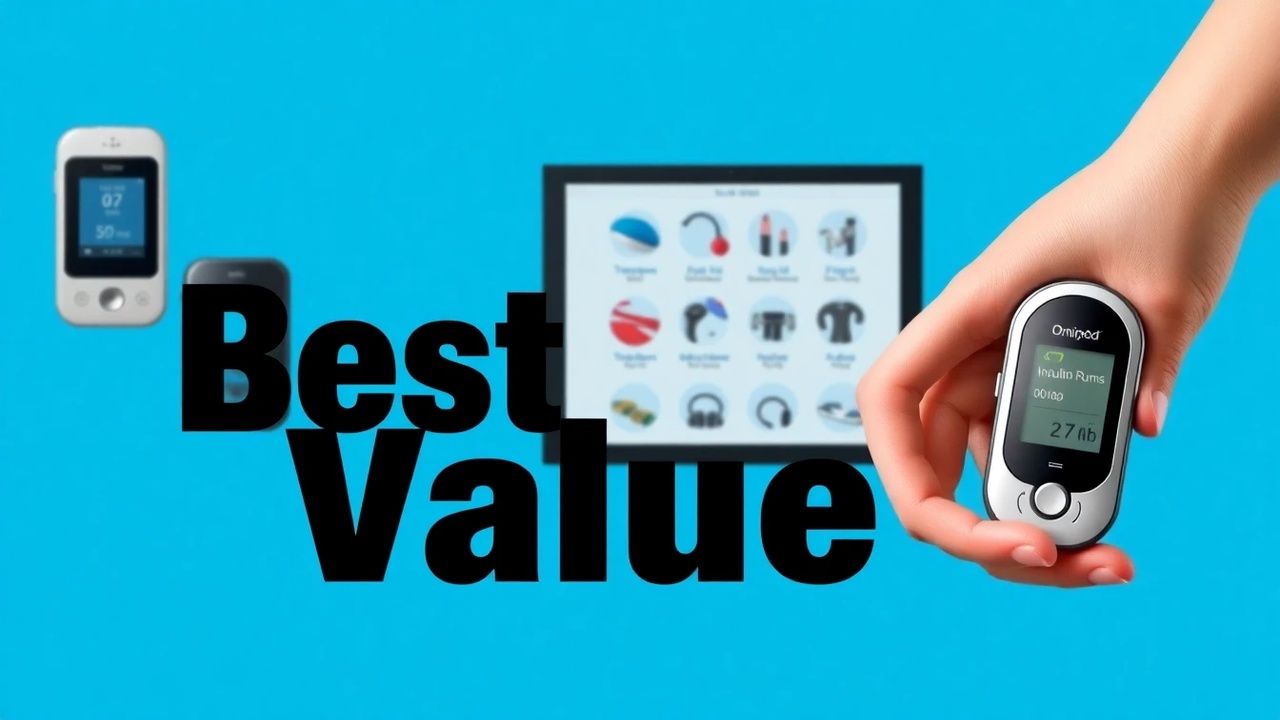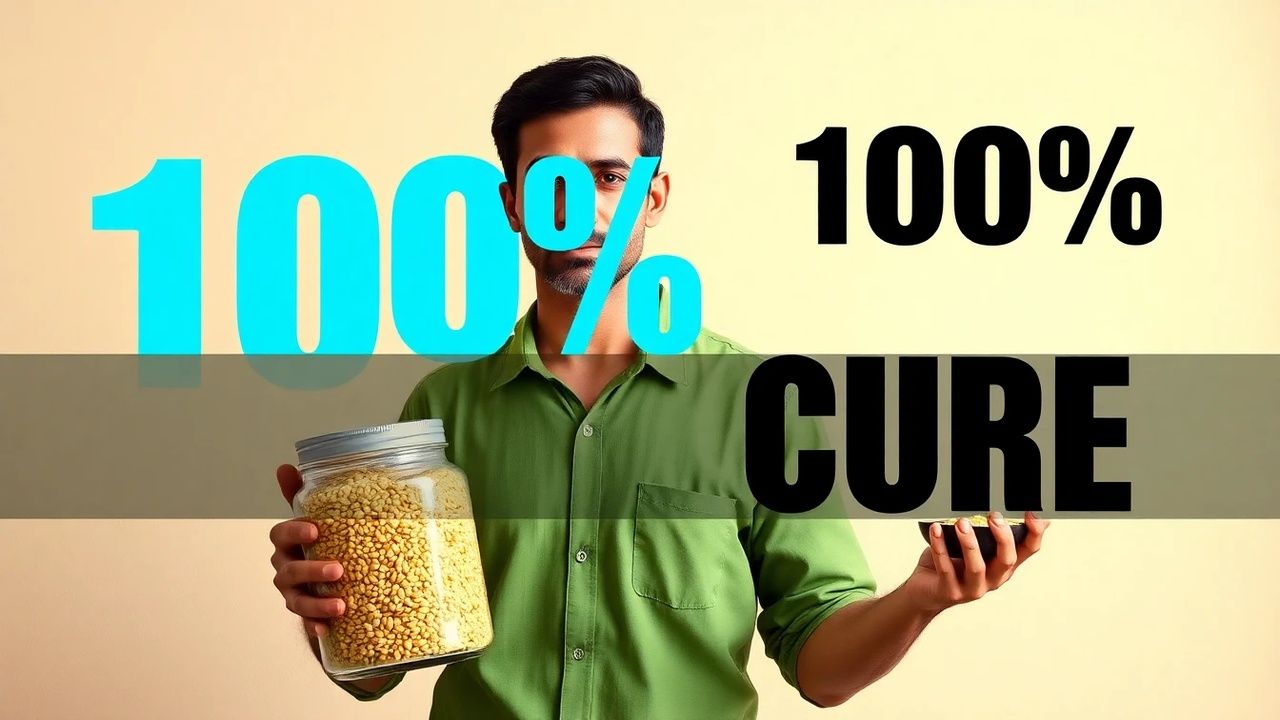Chia Seeds and Heart Health: What the Research Says
VitalFiberOne Naturals • March 25, 2024
Chia Seeds and Heart Health: What the Research Says
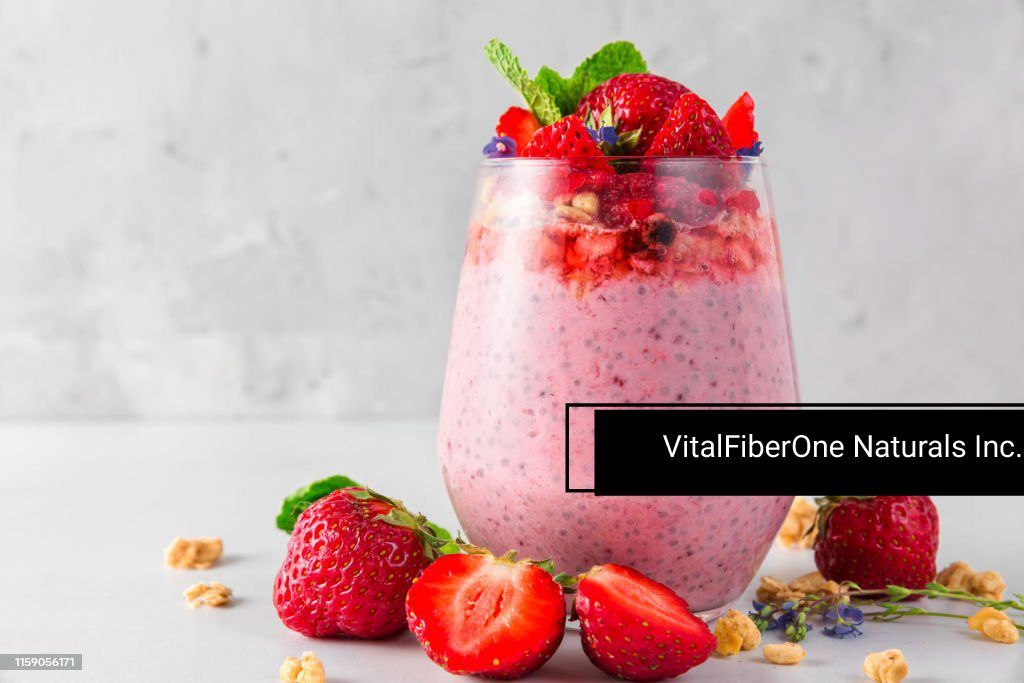
Chia seeds, the tiny, nutrient-packed superfoods, have gained significant attention in the health community in recent years. But beyond the hype, what does the latest research say about chia seeds and their impact on heart health? Let’s unravel the science behind these minuscule powerhouses.
Chia Seeds: A Nutrient Treasure Trove
Originating from the Salvia hispanica plant, chia seeds have been a staple in ancient civilizations, but only recently have scientists begun to understand their health benefits. These seeds are rich sources of omega-3 fatty acids, specifically alpha-linolenic acid (ALA), fiber, antioxidants, and essential minerals such as magnesium, potassium, and calcium.
Cardiovascular Benefits Backed by Science
Omega-3 Fatty Acids and Heart Health
One of the most compelling reasons to incorporate chia seeds into one's diet is their omega-3 content. Omega-3 fatty acids are well-known for their role in maintaining heart health by lowering blood pressure, reducing triglycerides, and decreasing the likelihood of arrhythmias.
A study published in the Journal of the American Society for Clinical Nutrition found that ALA, the type of omega-3 found in chia seeds, could potentially reduce the risk of cardiovascular diseases by moderating blood pressure and inflammatory markers.
The Fiber Factor
The fiber in chia seeds deserves a spotlight. Not only does it promote digestive health, but it also plays a crucial role in heart health. Dietary fiber helps to lower LDL cholesterol (the "bad" cholesterol) and total cholesterol, both of which are risk factors for heart disease.
The American Journal of Clinical Nutrition highlights studies showing a fiber-rich diet is associated with a lower risk of developing coronary heart disease. With an impressive 10 grams per ounce, chia seeds are an excellent way to increase your fiber intake.
Antioxidants: Guarding the Heart
One characteristic feature of chia seeds is their high antioxidant content. These naturally occurring compounds help protect the body against the damaging effects of free radicals, which are reactive molecules that can lead to oxidative stress—a factor in the development of heart disease.
Research in the "Journal of Molecular Biochemistry" suggests that antioxidants found in chia seeds can prevent the oxidation of LDL cholesterol particles, considered a key step in the progression of heart disease. By preventing this oxidation, chia seeds may provide a protective effect for the heart.
Essential Minerals: Supporting Heart Function
Chia seeds are a notable source of minerals such as magnesium and potassium that are essential for heart health. Magnesium plays a vital role in regulating blood pressure and heart rhythm, while potassium is crucial for maintaining healthy blood pressure levels.
The "Journal of Human Hypertension" reports that adequate intake of these minerals is inversely related to hypertension, a major risk factor for heart disease. Including chia seeds in your diet could help in meeting the recommended daily intakes for these important nutrients.
Incorporating Chia Seeds into Your Diet
Adding chia seeds to your diet is surprisingly simple. They can be sprinkled over salads, blended into smoothies, mixed into yogurt, or used as an egg substitute in baking for those following a vegan diet. Due to their ability to absorb water and form a gel-like substance, they're also commonly used to create chia puddings—a healthy and tasty treat.
What's the Verdict?
The research is clear: Chia seeds have multiple attributes that support heart health. By offering a rich source of omega-3 fatty acids, fiber, antioxidants, and essential minerals, they can contribute positively to a heart-healthy diet. Nonetheless, it’s essential to remember that no single food can offer a magic bullet for health—chia seeds are most beneficial as part of a balanced diet and active lifestyle.
Chia seeds are not just a trend; they are nutritional staples with the backing of evolving research. As science continues to uncover the depths of their benefits, integrating chia seeds into your daily meals might just be the tiny change that leads to substantial rewards for your heart health.
In summary, as an expert, the blog post "Chia Seeds and Heart Health: What the Research Says" conveys to readers the potential cardiovascular benefits backed by current research, presenting chia seeds as an easy and versatile addition to a heart-conscious diet.
Now, let's explore a few more facets of chia seeds that endorse their heart-healthy reputation.
Chia Seeds and Weight Management
Obesity is a recognized risk factor for cardiovascular disease. Therefore, managing weight is critical for heart health. Chia seeds, with their high fiber and protein content, can play a role in weight management. By promoting satiety, they help reduce overall calorie intake. A study in the "Appetite" journal confirmed that chia seeds contribute to a feeling of fullness, diminishing snacking habits, and potentially aiding in weight loss.
Chia Seeds and Diabetes Control
Type 2 diabetes is another risk factor for heart disease. The "British Journal of Nutrition" shows that chia seeds can improve insulin sensitivity and blood sugar control after meals, which may protect against spikes and crashes in blood sugar levels — essential for the prevention of diabetes-related heart complications.
Practical Tips for Consuming Chia Seeds
To obtain the maximum benefits, it's recommended to soak chia seeds before consumption. This process not only makes them easier to digest but also allows the seeds to release their soluble fiber, thereby enhancing their cholesterol-lowering properties.
Furthermore, remember that while chia seeds can bolster heart health, balance is key. Pairing chia seeds with other heart-healthy foods like leafy greens, nuts, and berries can create delicious and nutritious meals that cater to overall cardiovascular and general health.
The Takeaway
In conclusion, the synergy between the nutritive components of chia seeds and heart health is evident. With ongoing research underscoring their potential, these small seeds are poised to remain a big topic in nutritional circles.
Embrace the trend backed by science, and sprinkle some chia on your next meal; your heart might thank you for it. Remember, though, that true health benefits come from consistent and balanced dietary choices, alongside a healthy lifestyle.
Whether you're a seasoned health enthusiast or someone just beginning to tweak their diet towards better health, chia seeds offer an array of benefits that could help pave the way to a healthier heart.
*Incorporate the nutrient-dense chia seeds into your life and step forward into a heart-healthier future.*
The focus on practical integration of chia seeds into daily routines, while not underestimating its influence in the grander scheme of dietary patterns, is not just a beacon of information but also a guide towards a sustainable lifestyle change.
Daily Routines Meet Nutrient Density
For those looking to elevate their heart health with chia seeds, the applications are nearly endless. Here are some day-to-day uses:
- **Morning boost**: Stir into oatmeal or cereal for a nutrient-dense start.
- **Hydration helper**: Add to water or create chia frescas by soaking seeds in lemon or lime water as a refreshing drink that keeps you hydrated and full.
- **Baking benefits**: Use as a thickening agent for jams or as a replacement for eggs in baking by creating a chia “egg” with water.
- **Dinner enrichment**: Sprinkle on salads, incorporate into soups, or use as a crust for baked fish or chicken to add texture and nutrients.
Continual Research and Future Outlook
New studies are continually emerging, providing deeper insights into how dietary patterns that include foods like chia seeds impact long-term health. As we await this research, the current consensus remains optimistic about the place of chia seeds in a heart-healthy diet.
The future of nutrition continues to shine a light on the importance of whole foods and plant-based nutrients. In this light, chia seeds are more than just a fad; they are a reflection of the ongoing shift toward food sources that can support our health on multiple levels.
Engaging with a Health-Conscious Community
This blog post aims not only to inform but also to spark a conversation among health-conscious individuals. Encouraging comments and discussions about personal experiences with chia seeds can provide real-world insights and foster a community of health-oriented readers.
Conclusion
Chia seeds, with their robust nutrient profile, present more than just a passing trend in the health and wellness industry. As the research stands, their link to heart health is undeniable, offering a simple yet effective way to potentially reduce various heart disease risk factors.
While they are no substitute for a comprehensive heart-healthy diet and lifestyle, chia seeds serve as a beneficial complement to such a regimen. Embrace this small but mighty seed, and let it contribute to the rhythm of a heart-healthy life.
Remember, in the landscape of health, every choice seeds the future of your well-being—make chia seeds one of those choices.
This blog post has delivered a potent mix of scientific insight and practical advice, establishing itself as a valuable resource for anyone looking to improve their heart health through diet. By capitalizing on the simplicity and versatility of chia seeds, it caters to a wide audience—from health novices to nutrition experts.
Final Thoughts
With this post, readers have been given a thorough overview of how chia seeds can impact heart health. But beyond the science and suggestions, it emphasizes the importance of making informed and mindful choices about what we put on our plates. Chia seeds are a shining example of how small changes can have substantial effects.
As we continue to navigate through an abundance of health information, let's sift through the noise and opt for choices backed by research and filled with the promise of good health. Chia seeds, with their subtle taste and extensive benefits, epitomize this approach, proving that sometimes, the best things indeed come in small packages.
*Here's to your heart health, one spoonful of chia at a time.*
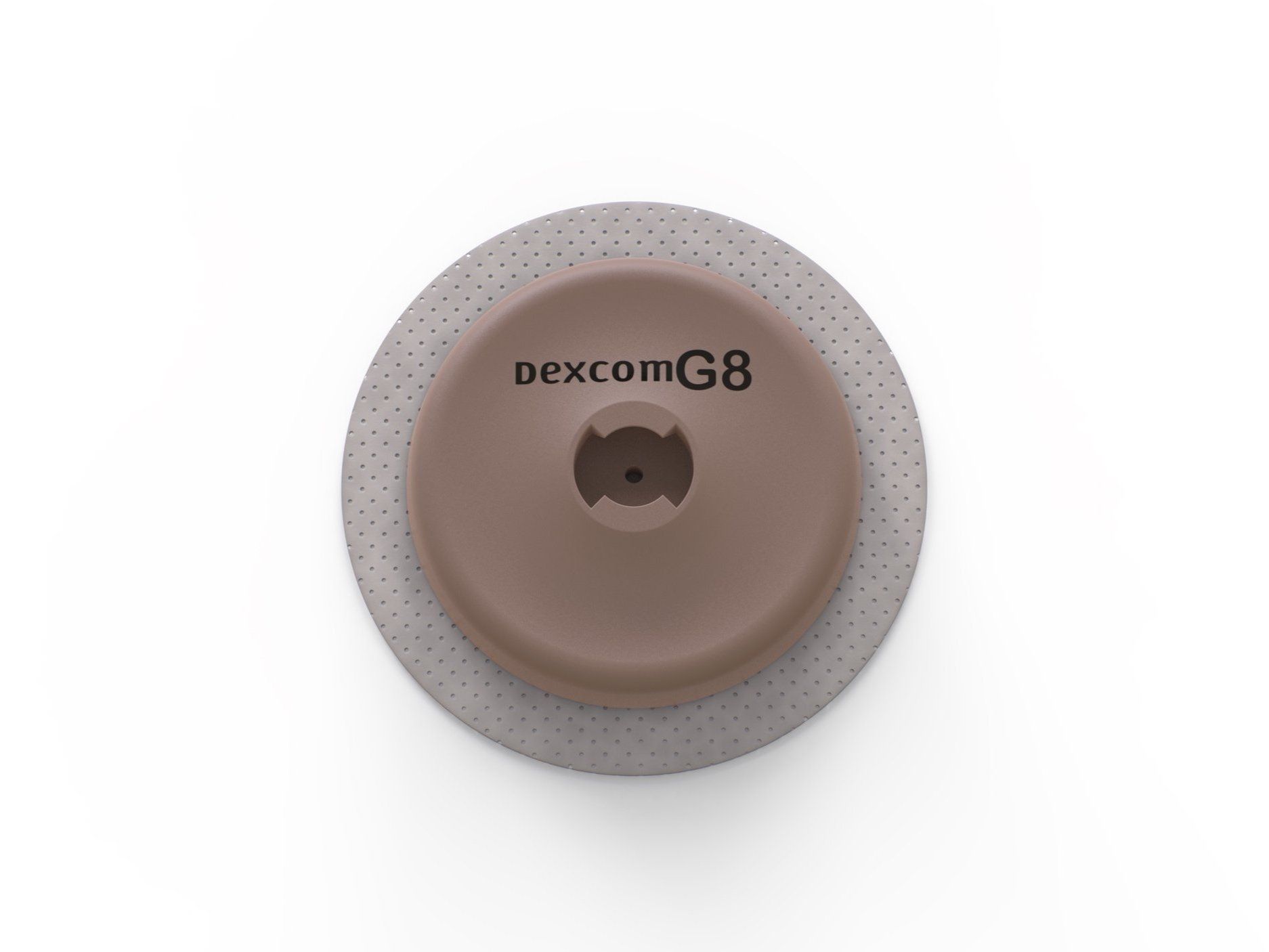
Continuous Glucose Monitors (CGMs) have transformed diabetes management by providing real-time glucose data, reducing the need for fingersticks, and enabling proactive treatment decisions. Among the leading CGMs are the Dexcom G8 and Medtronic Guardian 4, each offering unique features tailored to different user needs. This comprehensive comparison delves into their specifications, usability, accuracy, and integration capabilities to help you make an informed choice. Dexcom G8: Next-Generation Simplicity and Integration The Dexcom G8 represents Dexcom's latest advancement in CGM technology, building upon the strengths of its predecessors. Key Features Sensor Wear Time: 14 days Warm-Up Period: 30 minutes Calibration: Factory-calibrated; no fingersticks required Accuracy: Mean Absolute Relative Difference (MARD) of 8.2% Integration: Compatible with various insulin delivery systems and health apps Alerts: Customizable high and low glucose alerts Data Sharing: Real-time data sharing with caregivers via the Dexcom Follow app integrateddiabetes.com The G8's streamlined design and direct integration with smart devices, including Apple Watch, offer users a seamless experience. Its improved accuracy and reduced warm-up time enhance user confidence and convenience. Dexcom Medtronic Guardian 4: Precision and Pump Integration The Guardian 4 sensor is Medtronic's latest CGM, designed to work in tandem with their insulin pump systems, particularly the MiniMed™ 780G. Key Features Sensor Wear Time: 7 days Warm-Up Period: 2 hours Calibration: No fingersticks required Accuracy: MARD of 10.6% Integration: Seamless integration with Medtronic insulin pumps Alerts: Predictive alerts for impending highs and lows Data Sharing: Data viewable via CareLink™ Connect app The Guardian 4's strength lies in its integration with Medtronic's insulin pumps, enabling automated insulin delivery adjustments based on real-time glucose readings. This closed-loop system aims to maintain glucose levels within the target range more effectively. Side-by-Side Comparison Feature Dexcom G8 Medtronic Guardian 4 Sensor Wear Time 14 days 7 days Warm-Up Period 30 minutes 2 hours Calibration No fingersticks required No fingersticks required Accuracy (MARD) 8.2% % 10.6% Integration Multiple insulin delivery systems Medtronic insulin pumps only Alerts Customizable alerts Predictive alerts Data Sharing Dexcom Follow app CareLink™ Connect app Pros and Cons Dexcom G8 Pros: Longer sensor wear time reduces the frequency of replacements. Shorter warm-up period allows for quicker data availability. High accuracy enhances trust in glucose readings. Broad integration with various devices and apps offers flexibility. Cons: Integration with insulin pumps may require additional setup. Availability may vary by region and healthcare provider. Medtronic Guardian 4 Pros: Designed for seamless use with Medtronic insulin pumps, enabling automated insulin delivery. Predictive alerts provide early warnings for glucose excursions. No calibration required simplifies daily use. Cons: Shorter sensor lifespan necessitates more frequent replacements. Longer warm-up period delays initial data availability. Limited integration with non-Medtronic devices reduces flexibility. Dexcom User Experience and Testimonials Users of the Dexcom G8 appreciate its ease of use, accuracy, and the convenience of real-time data on their smart devices. The ability to share data with caregivers offers peace of mind, especially for parents of children with diabetes. Medtronic Guardian 4 users value the integration with Medtronic insulin pumps, noting improved glucose control and reduced manual interventions. However, some users mention the shorter sensor lifespan as a drawback. Conclusion Both the Dexcom G8 and Medtronic Guardian 4 offer significant benefits for diabetes management, but they cater to different user preferences and needs. Choose Dexcom G8 if you prioritize longer sensor wear time, quick setup, high accuracy, and flexibility in device integration. Choose Medtronic Guardian 4 if you are using or plan to use a Medtronic insulin pump and desire a fully integrated system with automated insulin delivery. Your choice should align with your lifestyle, treatment goals, and the devices you currently use or plan to use. Have you used the Dexcom G8 or Medtronic Guardian 4? Share your experiences and insights in the comments below. For more in-depth reviews and comparisons of diabetes management technologies, explore our other blog posts.
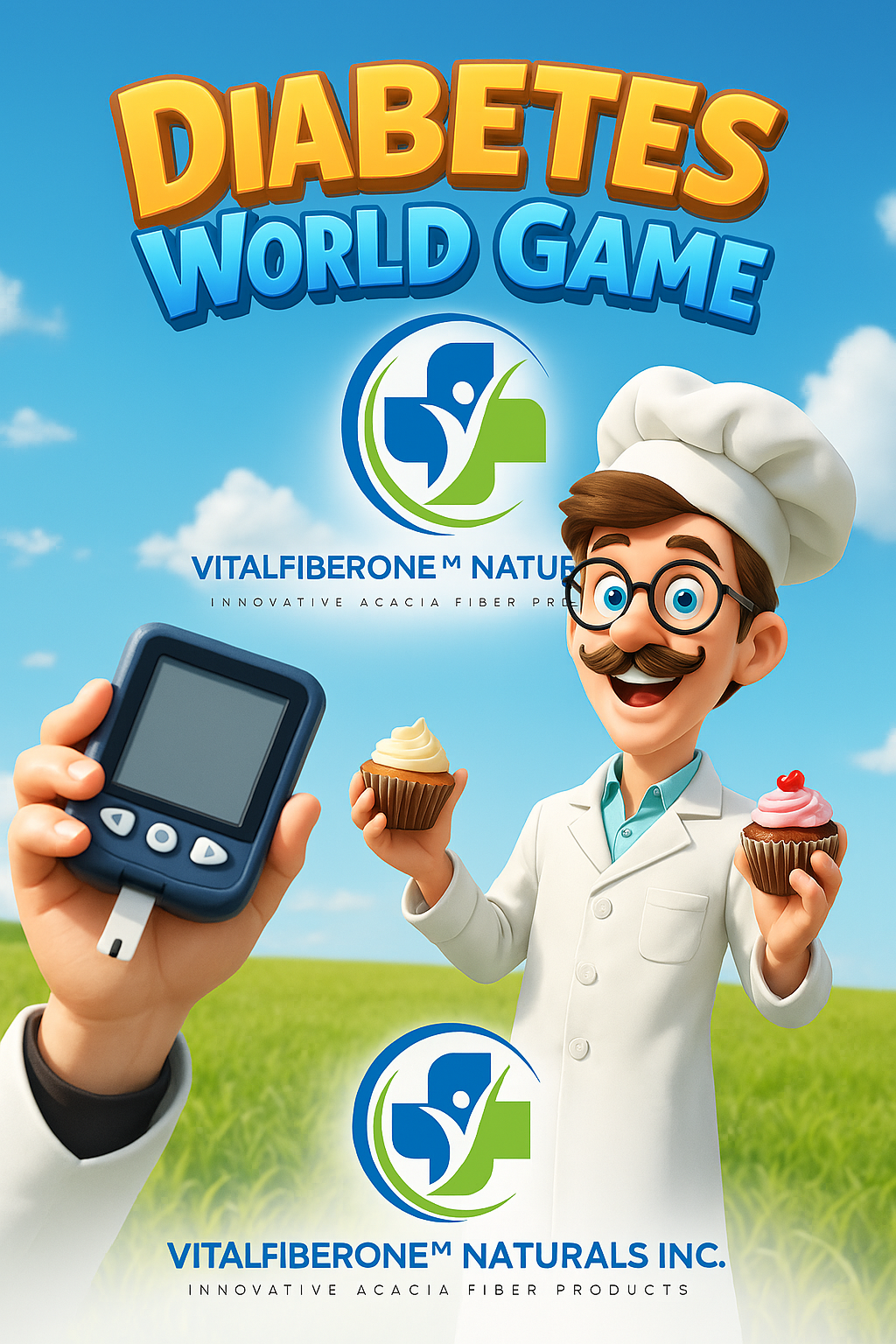
Learn how to manage diabetes with ease using VitalFiberOne™, a revolutionary solution that makes living with diabetes simple and stress-free. In this blog, we'll introduce you to a fun and interactive world education game that teaches you how to control your blood sugar levels, improve your overall health, and live a happy life with diabetes. Discover the benefits of VitalFiberOne™ and how it can help you take charge of your diabetes management.
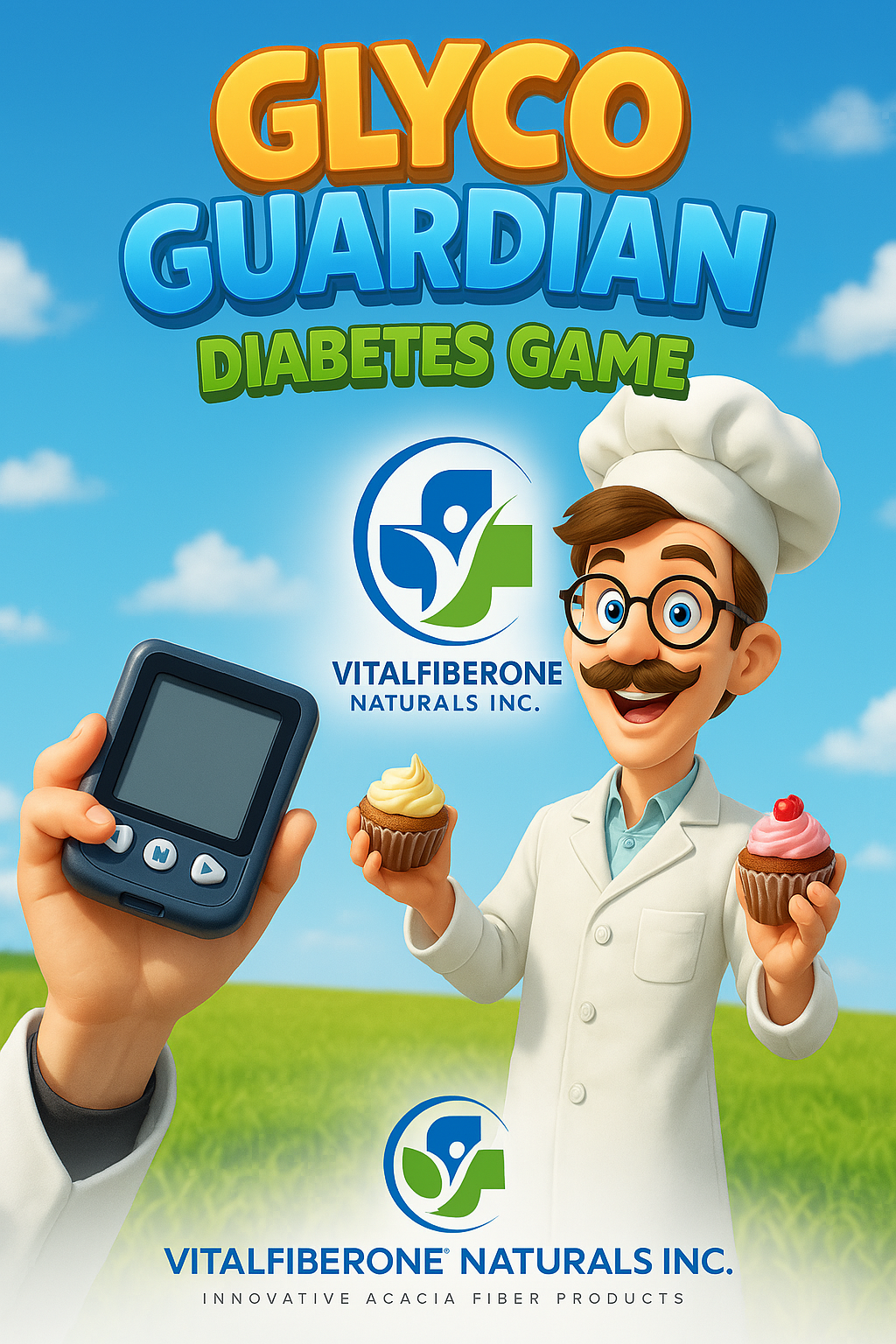
Take control of your diabetes management with Glyco Guardian, the ultimate solution for a healthier you! In this blog, we'll show you how to make managing your diabetes easy, convenient, and most importantly, FREE! With Glyco Guardian, you'll have access to a comprehensive platform that helps you track your blood sugar levels, monitor your diet, and stay on top of your medication. Say goodbye to tedious paperwork and hello to a more streamlined approach to managing your diabetes. Join us as we explore the benefits of Glyco Guardian and discover how it can make a significant difference in your life.



